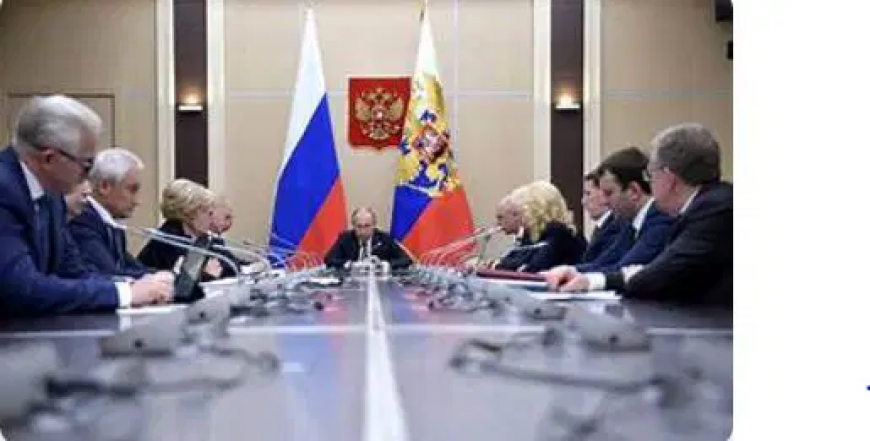Russia denies recruiting Nigerians for drone factories

The Russian government has denied recent allegations that Nigerian youths—particularly young women—are being recruited to work in military drone factories under the guise of scholarship schemes.
In a statement published on May 13 via a verified Russian social media account, the government dismissed the claims as false and part of what it described as a “Western-sponsored smear campaign.”
The statement was in response to growing media coverage, particularly in Nigerian outlets, concerning the activities at the Special Economic Zone (SEZ) in Alabuga, Tatarstan. These reports suggested that Nigerian students, recruited under a vocational scholarship program, were being engaged in military drone assembly for the ongoing conflict in Ukraine.
The Russian post referred to the reports as “volumes of fiction,” accusing unnamed “pro-Western authors” of fabricating narratives involving forced labour, human trafficking, and other abuses.
“For your information: The Special Economic Zone Alabuga was created in 2006 and remains one of the most efficient development zones in Russia,” the post read. “Some publications have alleged that Nigerians were lured with promises of education and high-paying jobs, only to end up working under exploitative conditions. These claims are entirely unfounded.”
The Russian statement further described the coverage as being rooted in a “colonial narrative,” asserting that Russia respects the sovereignty and dignity of other nations, particularly African states.
“We support Africa and other countries in the fight against terrorism and the remnants of colonialism,” the statement continued. “Accusations that we exploit foreign students for military production are politically motivated and lack credible evidence.”
However, separate investigations by The Associated Press, People’s Gazette, and the Global Initiative Against Transnational Organized Crime have reported conflicting accounts. According to these reports, several Nigerian secondary school leavers, aged between 18 and 22, were recruited through a government-endorsed program and later found themselves assembling drones used in military operations.
The Associated Press reported that some of the recruits expected to receive training in hospitality or other vocational skills but ended up on drone assembly lines. A few were allegedly injured in strikes on the facility.
The Russian statement did not directly address the specific findings of these reports, nor did it provide independent details about the roles and conditions of foreign students at Alabuga Polytechnic, the institution linked to the program.
International human rights groups have continued to express concern over the use of non-Russian labour in strategic industrial zones during wartime, particularly when it involves vulnerable populations from developing nations.
As scrutiny intensifies, calls have grown for both Nigerian and Russian authorities to provide transparent information regarding the recruitment, working conditions, and safety of Nigerian nationals participating in programs abroad.

 admin
admin 


